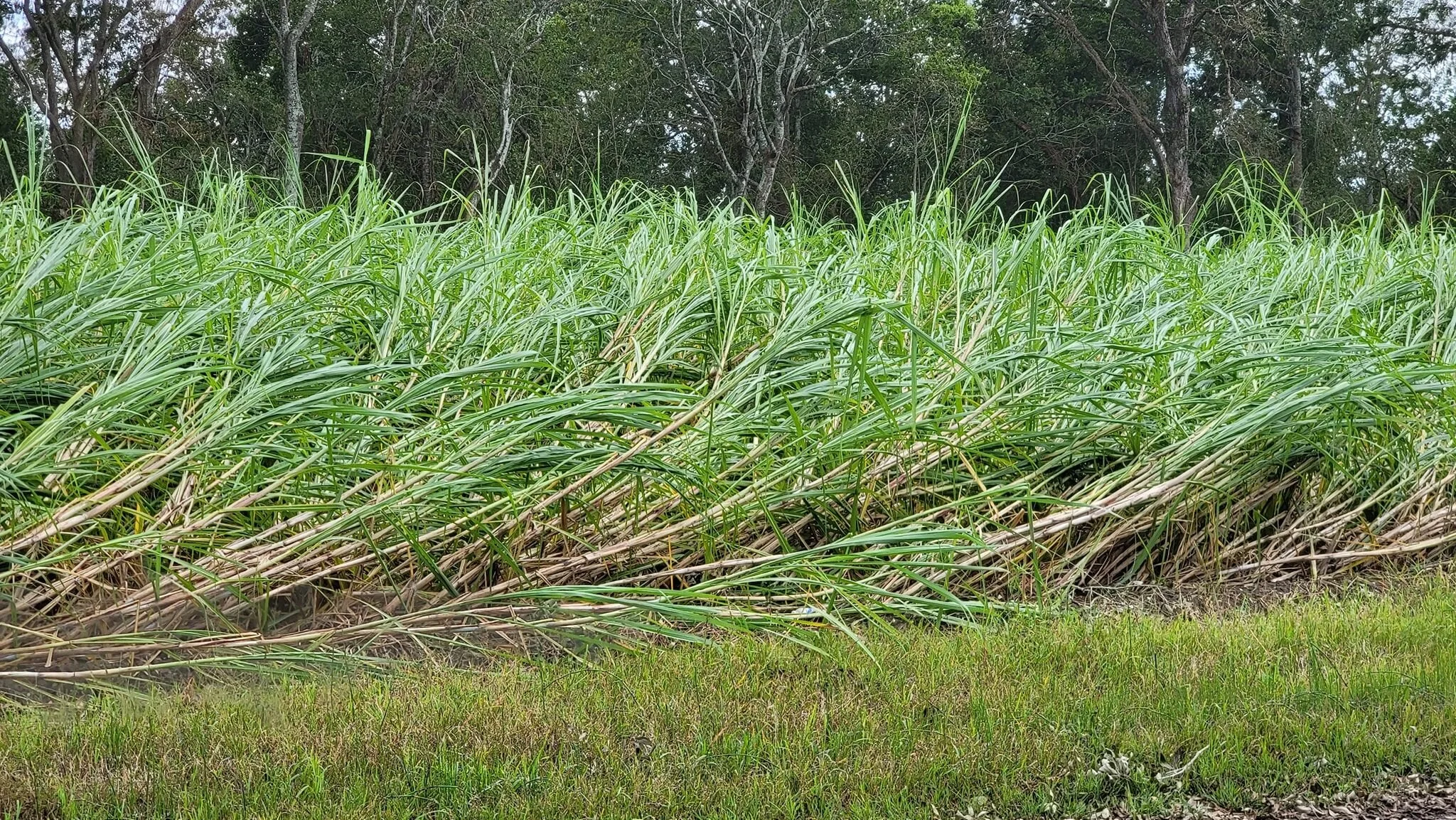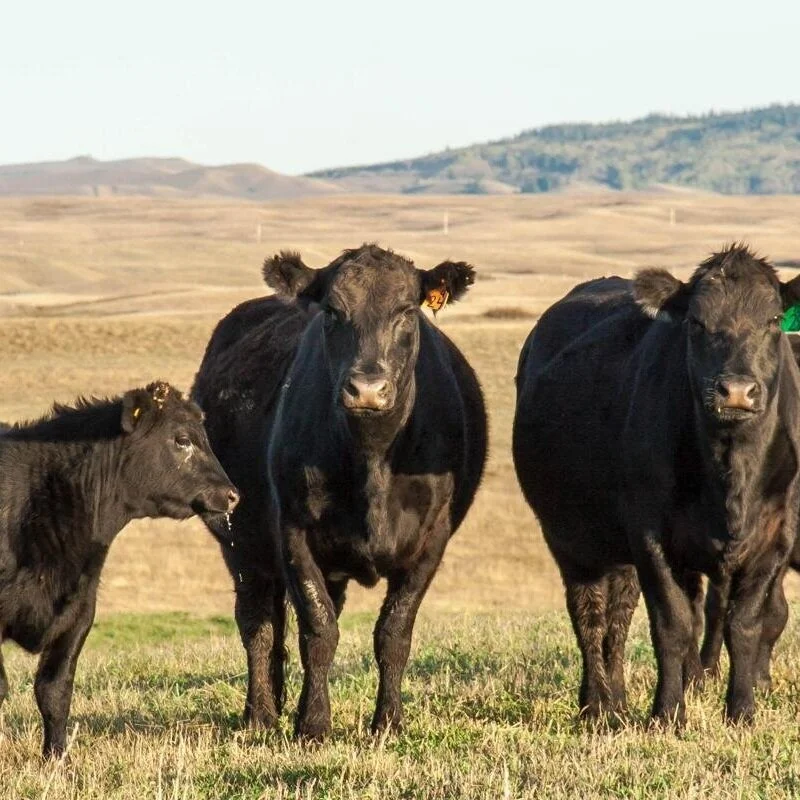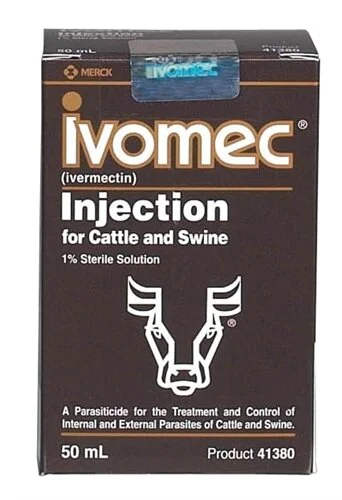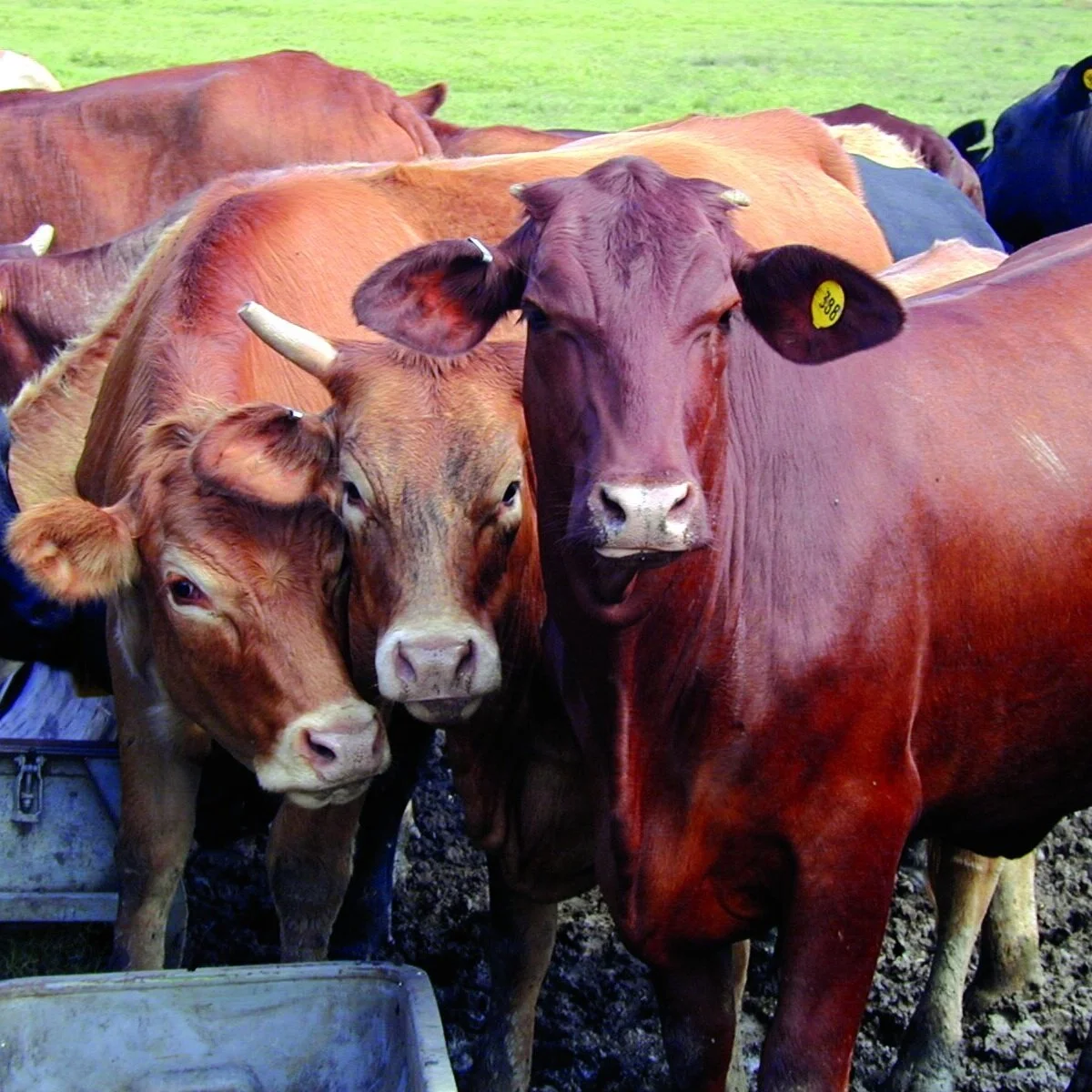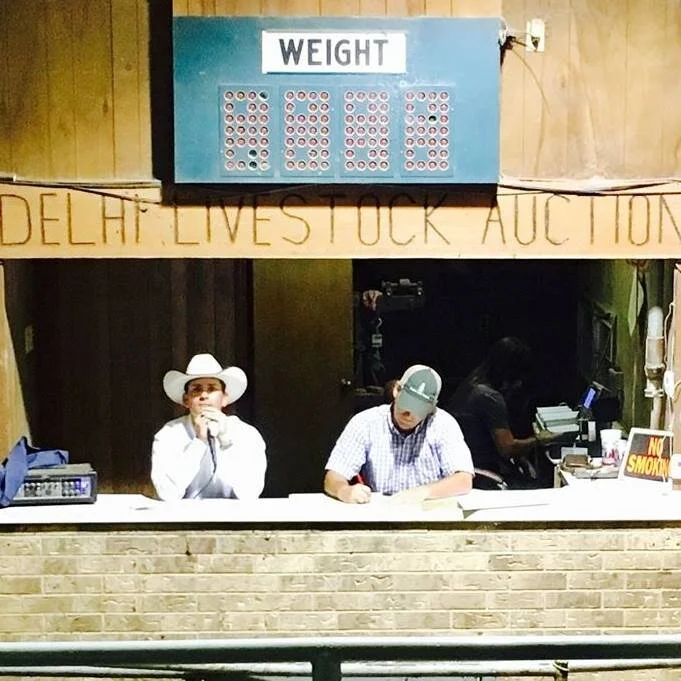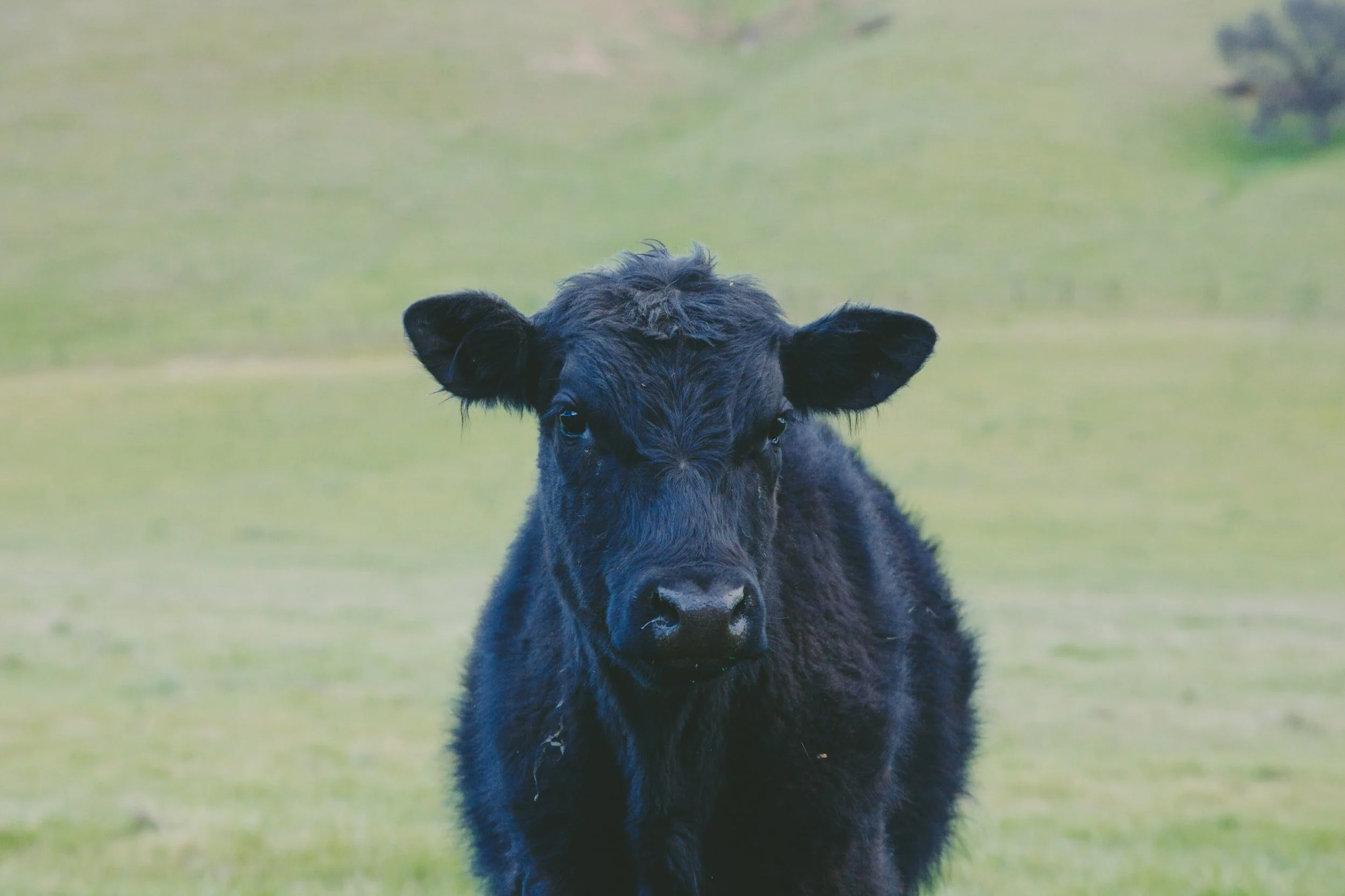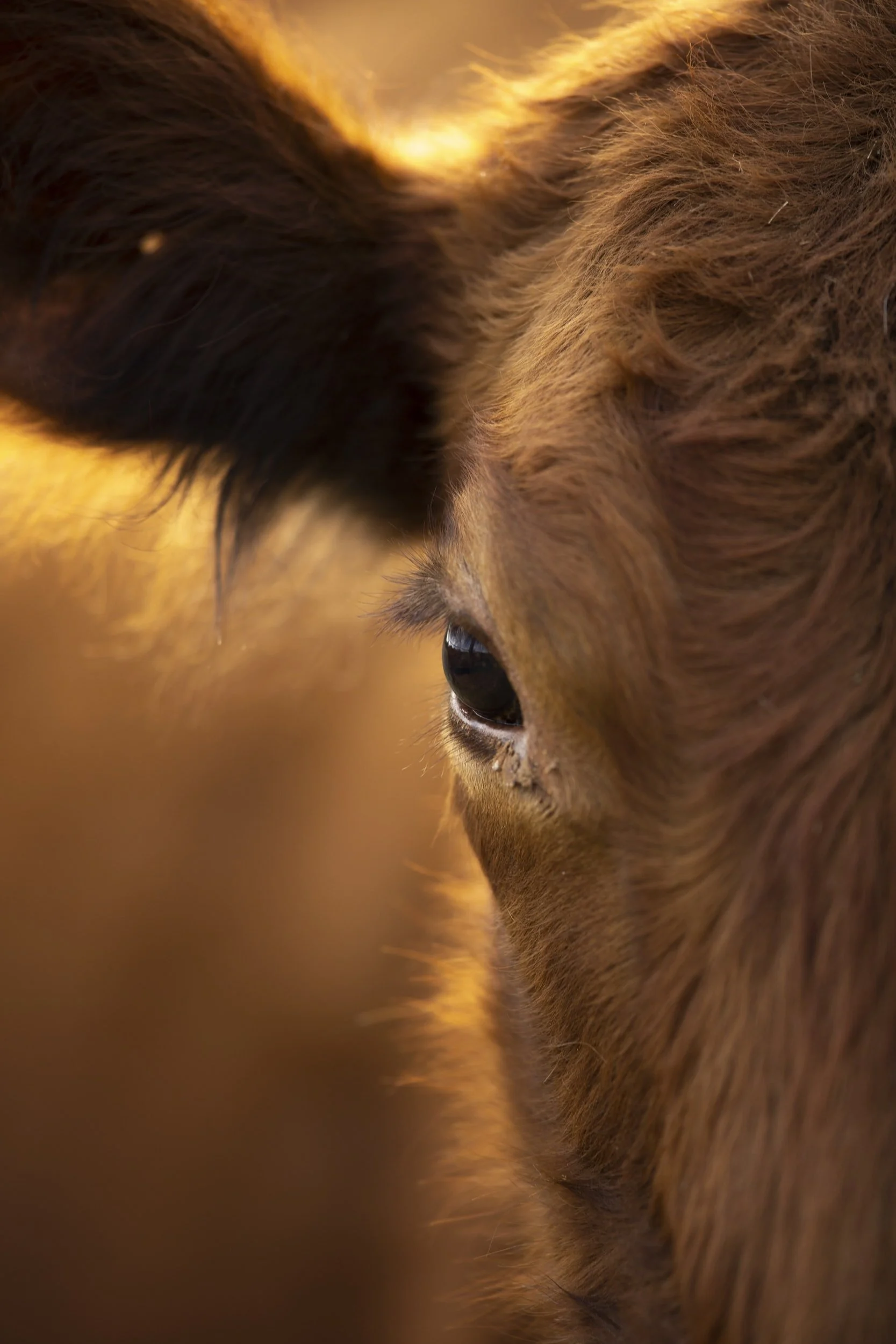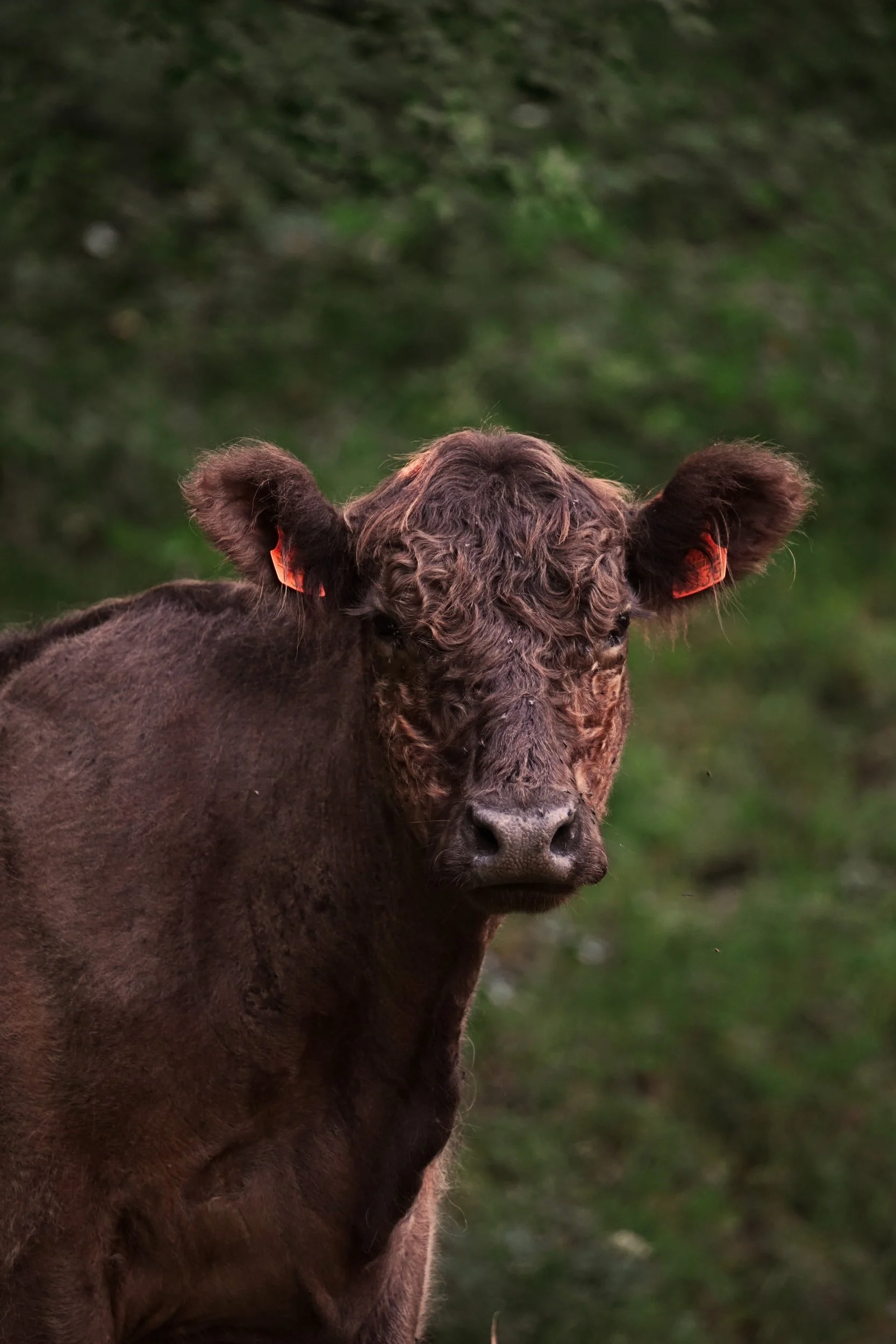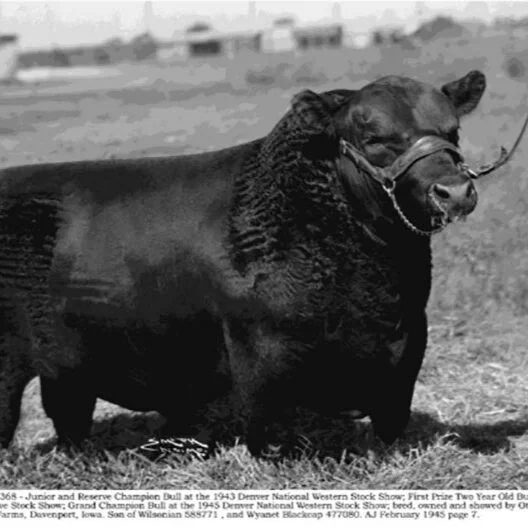LSU AgCenter agents are beginning the arduous task of damage assessment and recovery from Hurricane Ida.
Given the geographic area affected, the biggest economic impact is likely to be to agricultural infrastructure and timber, said Kurt Guidry, LSU AgCenter region director and agricultural economist. But sugarcane, livestock, soybeans, fruit and vegetable crops, and the horticulture industry also experienced losses.
Read MoreThe Louisiana Farm Bureau Livestock Advisory Committee is again working to help ranchers through a natural disaster by reengaging its hay clearinghouse in the aftermath of Hurricane Ida.
Through the hay clearinghouse, the volunteers and staff of the Louisiana Farm Bureau connect ranchers who need hay or pasture for their cattle with people who have hay to donate, pasture space available or the ability to transport hay.
Read MoreLouisiana's Public Health Officer Dr. Joe Kanter and Republican Commissioner of Agriculture Mike Strain are warning people against taking a drug designed to deworm large livestock as a treatment for COVID-19.
Social media medicine has fueled a run on ivermectin at farm and feed supply stores, but Kanter and Strain, a large animal veterinarian, said it's a misinformation campaign that could be dangerous.
Read MoreHome remedies for COVID-19 now include the livestock dewormer ivermectin, causing a run at area farm supply stores and leaving doctors shaking their heads at what people will do to avoid a coronavirus vaccine.
“It’s not recommended for people,” said Stephanie Cayson, a vet tech at Garden District Animal Hospital. “It’s something you have to be very careful with. It’s not something to be taken willy-nilly.”
There are human uses for ivermectin, either to treat parasitic worms or, in a topical form, to combat head lice and the skin condition rosacea. Misinformation traced to a Virginia doctor has led to some considering it a miracle drug for COVID-19.
Read MoreThe fast-paced nature of the modern U.S. beef industry can make it easy to forget just how far it has come over the course of our nation’s history. Today, for the most part, the system runs like a well-oiled machine. Science, genetics, and technology have allowed producers to home in on productivity and create a consistent end product. Some breeds have risen in popularity, and each has a national association guiding its organization and development.
Read More

